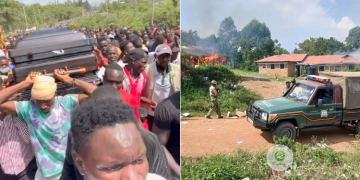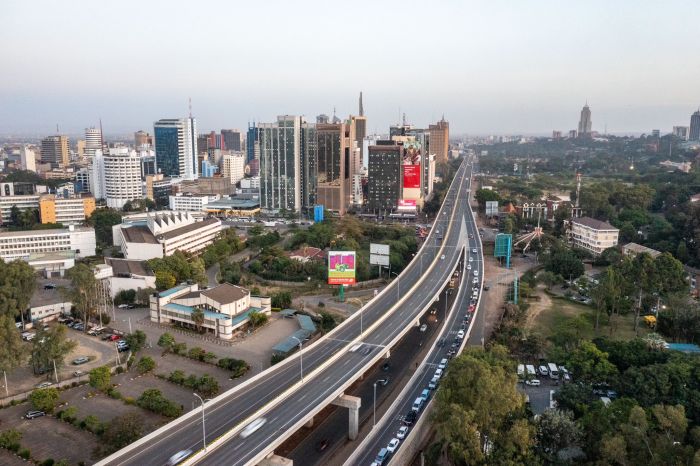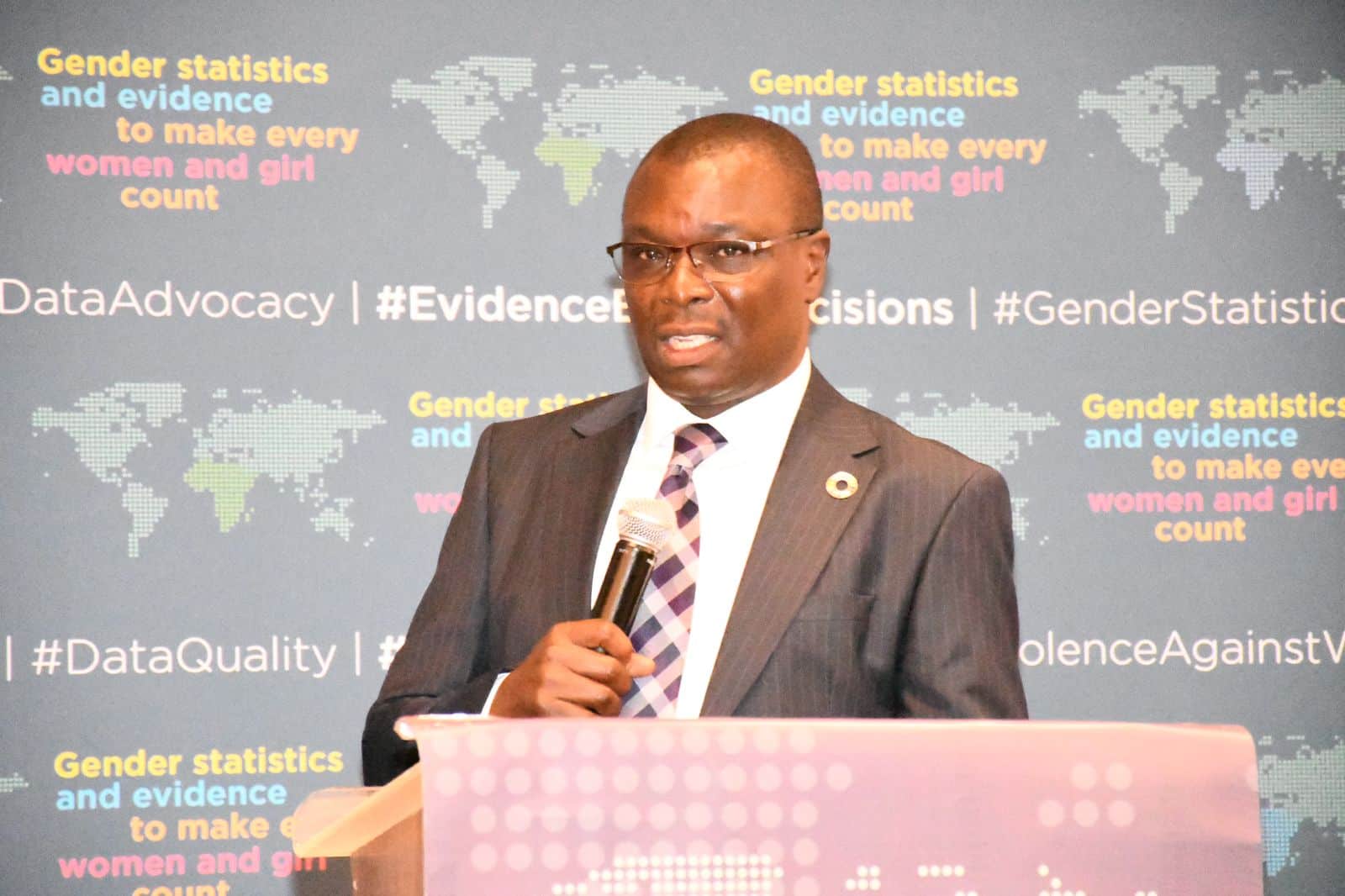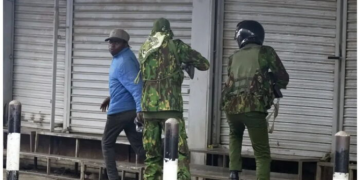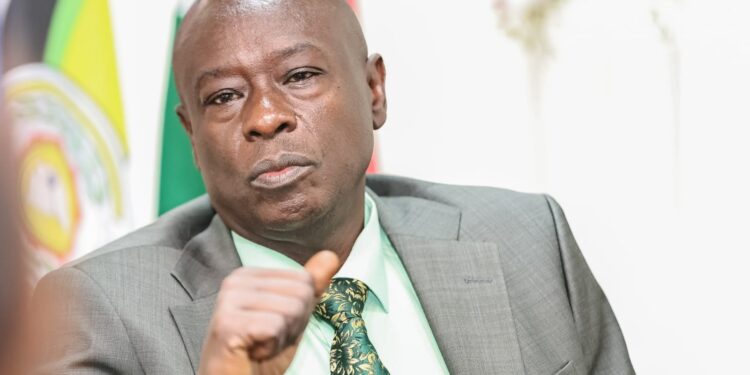Speculation about impeaching Deputy President (DP) Rigathi Gachagua is circulating on social media and among various politicians.
Gachagua appears to have fallen out with key leaders in the Kenyan Kwanza Alliance and has been accused of disrespecting President William Ruto and promoting tribalism.
In June, former Public Service CS Moses Kuria hinted that an impeachment motion might be tabled against the DP.
However, the process of impeaching a Deputy President in Kenya is a game of numbers that requires support in both the National Assembly and the Senate.

According to the Constitution, the Deputy president can be removed from office on the grounds of; physical or mental incapacity to perform the functions of the office; or on impeachment.
Deputy President Removal by Impeachment
For impeachment, a motion must be initiated by a member of the National Assembly and supported by at least a third of all the members.
This translates to 117 of the 349 MPs that must sign the motion before it can be introduced.
The MP may move a motion for the impeachment of the DP on the grounds of
- Gross violation of a provision of the Constitution or of any other law.
- Serious reasons for believing that the DP has committed a crime under national or international law.
- Gross misconduct.
Motion Moves to the Senate
If the motion under clause (1) is supported by at least two-thirds (233) of all the members of the National Assembly, the Speaker shall inform the Speaker of the Senate of that resolution within two days.
However, the deputy president shall continue to perform the functions of the office pending the outcome of the proceedings.
Within seven days after receiving the notice, the Speaker of the Senate shall either convene a meeting of the senate to hear charges or by resolution, may appoint a special committee comprising eleven of its members to investigate the matter.
Also Read: Gachagua Warned as Impeachment Looms
Special Committee
If appointed, the special committee shall investigate the matter and report to the Senate within ten days whether it finds the particulars of the allegations against the DP to have been substantiated or not.
At this point, the deputy president shall have the right to appear before the Senate during the investigations and defend himself.
If the special committee reports that the particulars of any allegation against the DP have not been substantiated, further proceedings shall not be taken, and the DP continues to hold office.
Also Read: Gachagua’s Home MP Clarifies Viral Impeachment Motion Days After Fallout
Threshold of Removing Gachagua
However, if any of the allegations are substantiated, the Senate shall, after according the deputy president an opportunity to be heard, vote on the impeachment charges.
If at least two-thirds that is, 47 out of 67 senators, of all the members of the Senate vote to uphold any impeachment charge, the DP shall cease to hold office.
If another person assumes the office of the DP, he/she shall be deemed “to have served a full term as Deputy President if, at the date on which the person assumed office, more than two and a half years remain before the date of the next regularly scheduled election.”
It is important to note that the same process, including the same thresholds and timelines, is followed when impeaching the president.
Follow our WhatsApp Channel for real-time news updates.
https://whatsapp.com/channel/0029VaB3k54HltYFiQ1f2i2C





